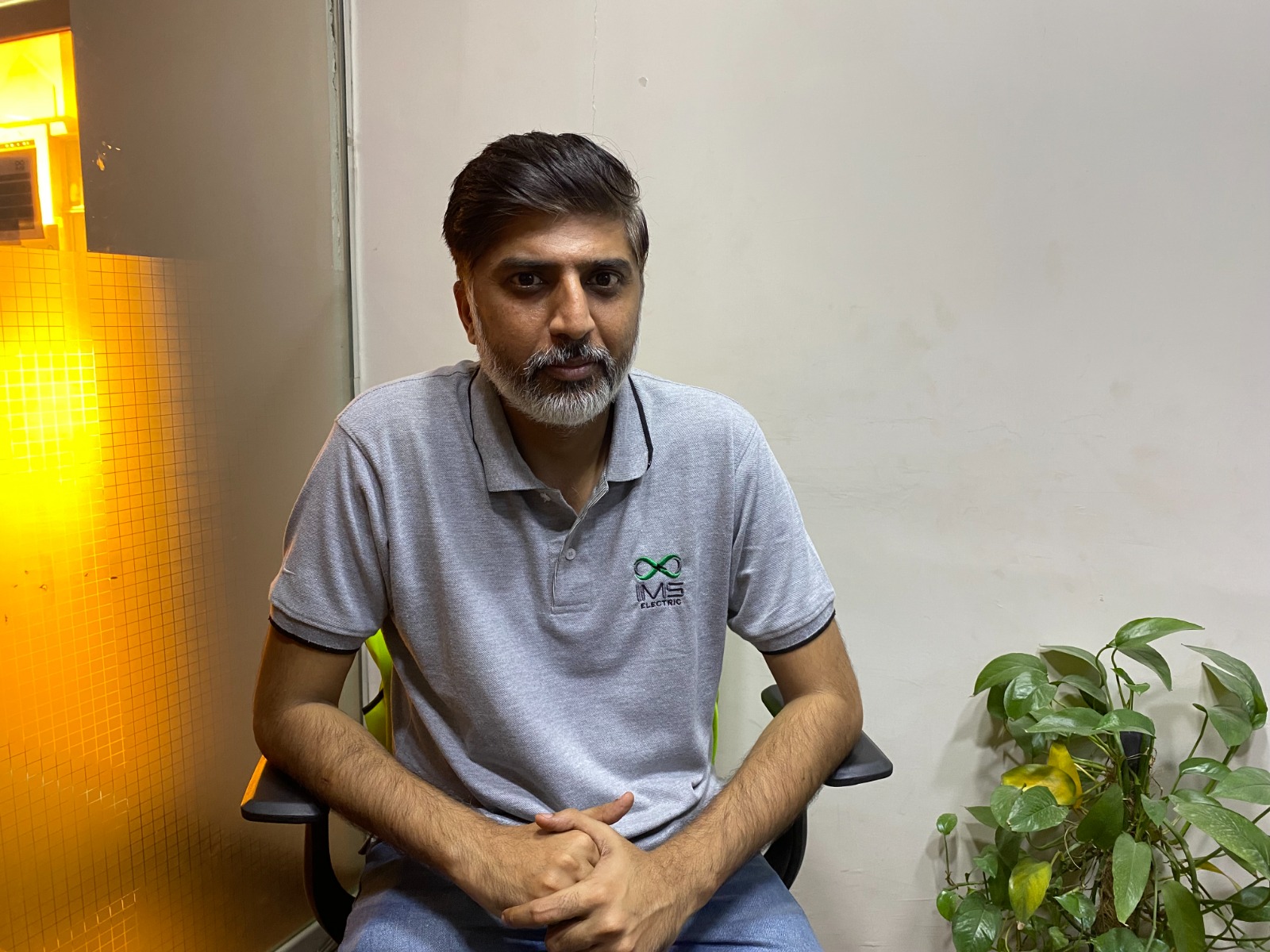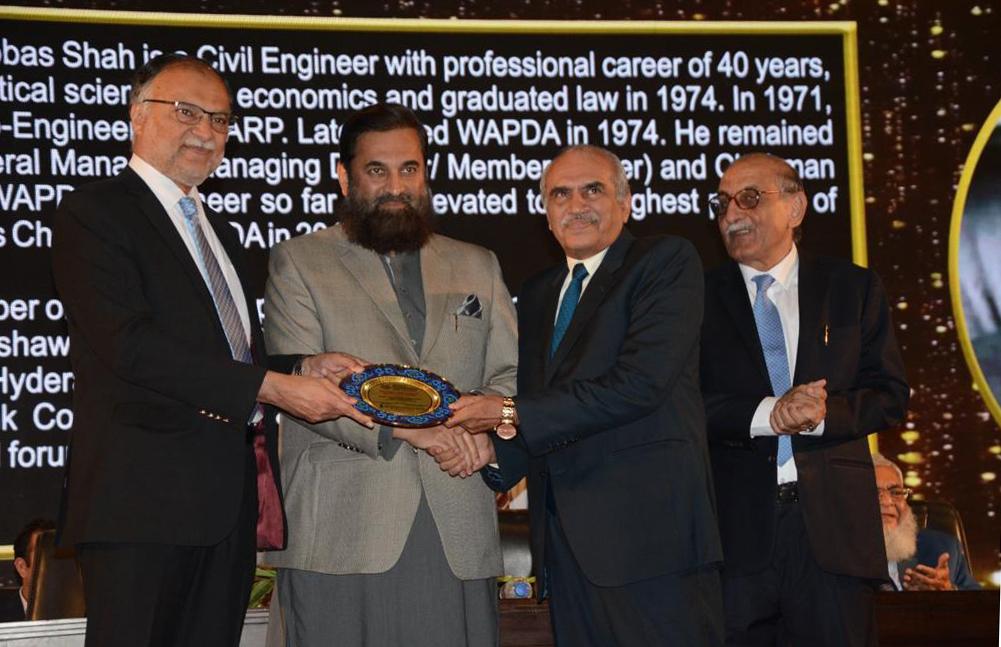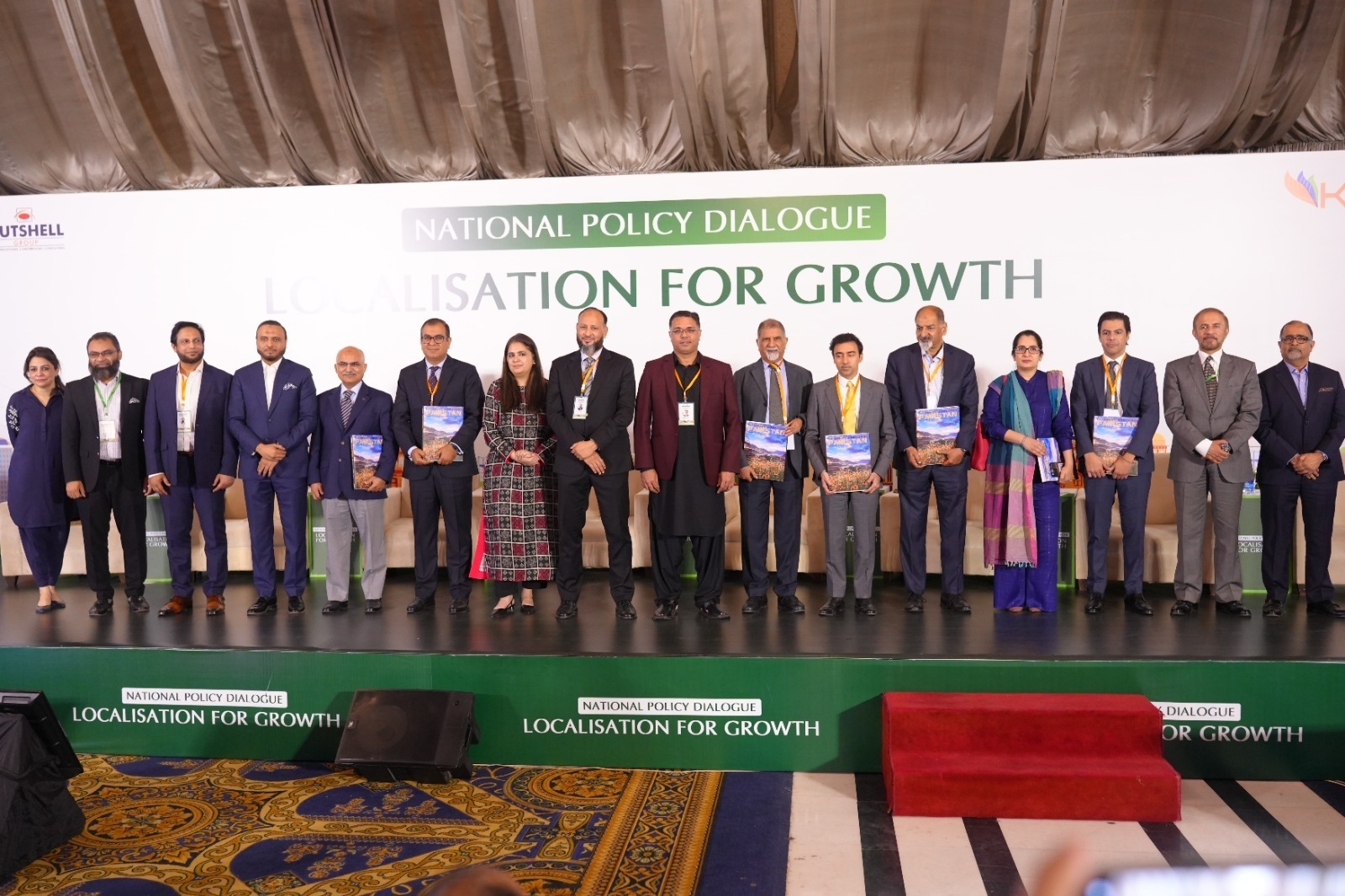Pakistan needs deeper industry-academia collaboration, says Sarmad Zia
‘IMS is striving to enhance the capabilities of our local vendors under the indigenous program so that the imported parts are replaced with locally made parts.’
What is the importance of operations in engineering products? How do you run the show?Operations is the backbone of any […]





